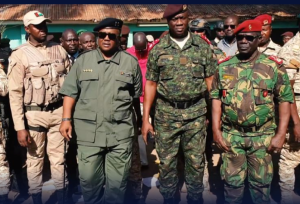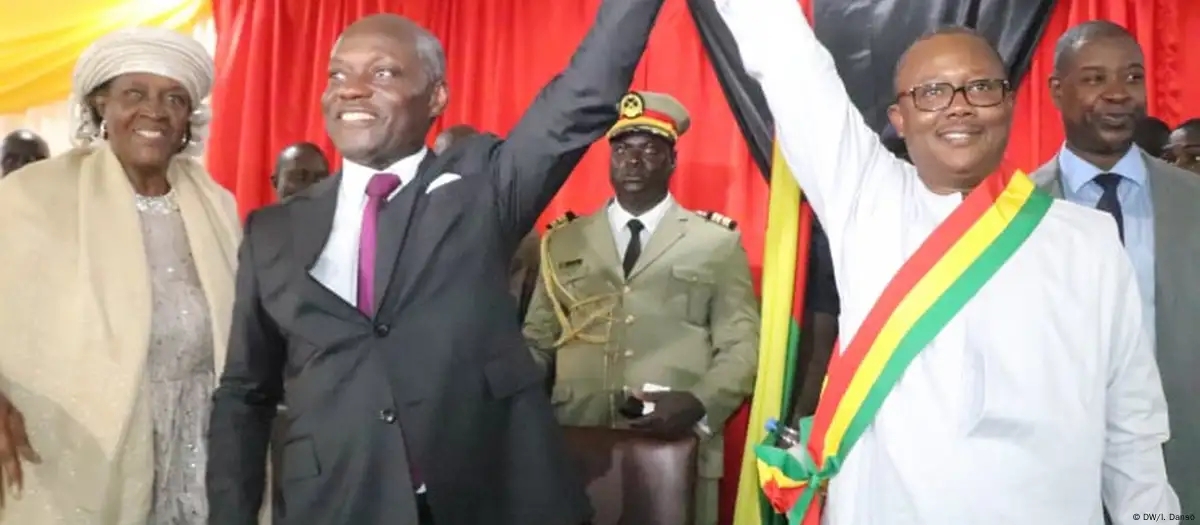Gambiaj.com – (Bissau, Guinea-Bissau) – Calls for peace and reconciliation have resurfaced in Guinea-Bissau as prominent political figures urge the country to revisit long-abandoned efforts to foster national unity. However, the initiative faces opposition from the current president, deepening the divide in an already fragile political landscape.
João Bernardo Vieira, a former Secretary of State and senior figure in the opposition African Party for the Independence of Guinea and Cape Verde (PAIGC), has launched a new initiative dubbed the “National Peace and Reconciliation Agenda.”
The proposal seeks to revive an inclusive dialogue among political actors and civil society groups, aiming to heal the country’s fractured political space and historical grievances.
“Guinea-Bissau has been living under the dormant cell of conflicts,” Vieira said in a recent interview with Deutsche Welle. “There is a pressing need for a national peace and reconciliation agenda, as the only mechanism for Guineans to collectively commit to mutual forgiveness.”
The effort echoes a similar initiative launched by the National People’s Assembly in 2011, which failed to progress amid a cycle of coups, assassinations, and protracted political crises.
Since then, Guinea-Bissau has struggled to establish lasting political stability, with successive governments undermined by internal rifts, military interference, and contested elections.

Support for the new reconciliation drive has come from former President José Mário Vaz, who met with Vieira to discuss the initiative.
Vaz described national reconciliation as “essential for peace and stability,” implicitly criticizing the current administration’s refusal to engage in dialogue.
But President Umaro Sissoco Embaló has unequivocally rejected the idea. Last week, he publicly dismissed any talk of national reconciliation, refusing to endorse or support initiatives in that direction. His position adds another layer of complexity to the political stalemate, as many view reconciliation as a necessary step to move the country forward.
Embaló, a former military general who came to power following a disputed 2019 presidential election, has often clashed with opposition parties and key institutions, including the National Assembly.
His tenure has been marked by growing authoritarian tendencies, including the dissolution of parliament in December 2023 and the arrest of dozens of political and military figures following an alleged coup attempt.
Observers warn that without genuine reconciliation, Guinea-Bissau risks sliding further into instability. “This is not just a political issue—it is about the survival of the state,” said a local civil society leader who spoke on condition of anonymity. “We cannot build a future without addressing the wounds of the past.”
As the political temperature rises, many Bissau-Guineans are watching closely, hoping that efforts for peace and dialogue can break through entrenched divisions—despite resistance at the highest level of government.










